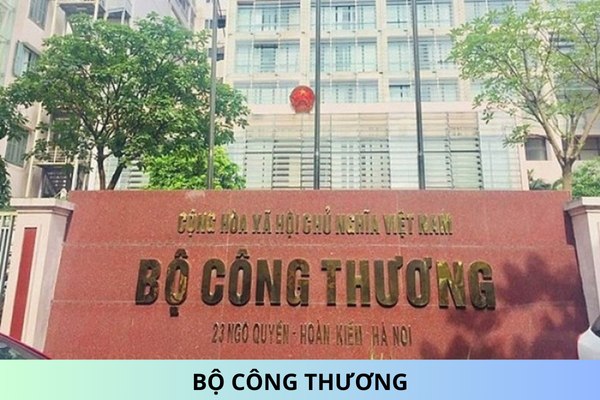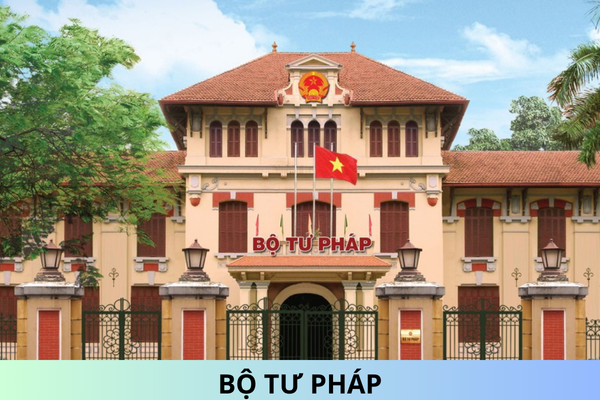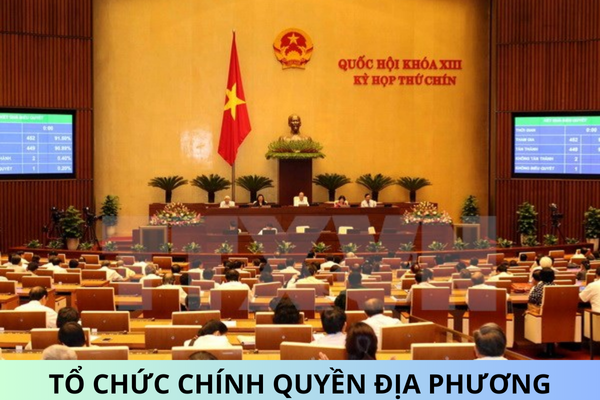Will the Law on Cultural Heritage in 2024 in Vietnam be effective from July 1, 2025?
Will the Law on Cultural Heritage in 2024 in Vietnam be effective from July 1, 2025?
The Law on Cultural Heritage in 2024 Download was passed by the National Assembly of the Socialist Republic of Vietnam during its 15th tenure, at the 8th session on November 23, 2024.
The Law on Cultural Heritage in 2024 Download stipulates provisions regarding cultural heritage, activities for management, protection, and promotion of cultural heritage values; rights, obligations, and responsibilities of agencies, organizations, communities, and individuals in the management, protection, and promotion of cultural heritage values of the Socialist Republic of Vietnam.
Cultural heritage as defined in the Law on Cultural Heritage in 2024 Download includes intangible cultural heritage and tangible cultural heritage passed down through generations in the Socialist Republic of Vietnam.
The Law on Cultural Heritage in 2024 Download applies to agencies, organizations, communities, and Vietnamese residing in Vietnam; foreign agencies, organizations, communities, and individuals residing, operating in Vietnam; and Vietnamese residing, operating abroad concerning the management, protection, and promotion of cultural heritage values.
The Law on Cultural Heritage in 2024 Download is effective from July 1, 2025, replacing the Cultural Heritage Law 2001 except in cases stipulated in Clause 1, Article 95 of the Law on Cultural Heritage in 2024 Download.

Will the Law on Cultural Heritage in 2024 in Vietnam be effective from July 1, 2025? (Image from the Internet)
Which cultural heritage is established as public property in Vietnam?
Based on Article 4 of the Law on Cultural Heritage in 2024 Download, the regulations on ownership of cultural heritage are as follows:
Article 4. Ownership of Cultural Heritage
- Vietnam's cultural heritage is a valuable asset of the community of Vietnamese ethnic groups, part of the cultural heritage of humanity, playing an important role in the nation's construction and defense. The State represents the owner and uniformly manages cultural heritage belonging to public property; recognizes and protects cultural heritage under private ownership and common ownership as regulated by the Constitution, this Law, and other relevant legal provisions.
2. Cultural heritage established as public property includes:
a) Historical-cultural monuments, natural scenes, documentary heritage, and artifacts belonging to monuments; relics, antiques, national treasures, and documentary heritage belonging to state agencies, political organizations, socio-political organizations, public service providers, and not covered in clauses 3 and 4 of this Article;
b) Artifacts, documentary heritage belonging to public museums;
c) Cultural heritage underground, underwater within mainland, islands, inland water, and Vietnamese territorial waters;
[...]
Thus, cultural heritage established as public property includes:
- Historical-cultural monuments, natural scenes, documentary heritage, and artifacts belonging to monuments; relics, antiques, national treasures, and documentary heritage belonging to state agencies, political organizations, socio-political organizations, public service providers, and not belonging to cultural heritage established under private or common ownership.
- Artifacts, documentary heritage belonging to public museums.
- Cultural heritage underground, underwater within mainland, islands, inland water, and Vietnamese territorial waters.
- Underwater cultural heritage of Vietnamese origin located outside inland waters, Vietnamese territorial waters established under public property according to this Law, other relevant laws, and international treaties to which Vietnam is a member.
- Cultural heritage collected by public agencies and organizations through the following methods:
+ Survey, exploration, archaeological excavation, or field collection conducted by state agencies or organizations with appropriate functions and duties.
+ Purchase agreements, auctions, ownership transfer forms according to legal provisions.
+ Acceptance from organizations, individuals transferring ownership.
+ Through field surveys, acquisition, acceptance, transfer, donations, purchases, exchanges, ownership transfer, and other collection methods according to regulations.
- Relics, antiques, national treasures collected, preserved, and promoted by public museums.
- Ownerless property, unidentified ownership property established as public property according to the Civil Code when identified as cultural heritage.
- Property as cultural heritage voluntarily transferred to the State by the owner; without heirs, and other cultural heritage properties belonging to the State under the Civil Code and laws on public asset management and use.
- Intangible cultural heritage without identifiable creators and owners or created, practiced, handed down by communities, groups, individuals transferring ownership to the State.
- Other cases as stipulated by law.
What are rights of the owner of cultural heritage in Vietnam?
According to Clause 3, Article 5 of the Law on Cultural Heritage in 2024 Download, the rights of cultural heritage owners are as follows:
- Enjoy benefits from the protection and promotion of cultural heritage values as stipulated by law.
- Receive support and cooperation from competent state cultural authorities in identifying, valuing, and processing for inclusion in inventories; with confidentiality of information if requested.
- Obtain support and cooperation from competent state cultural authorities in the conservation, documentation, and protection and promotion of cultural heritage values under agreement.
- Receive support and guidance from competent state authorities regarding activities to protect and promote cultural heritage values.
- Submit materials on intangible cultural heritage, relics, antiques, national treasures, documentary heritage to public museums or competent state agencies, if unable to protect and promote these values.
- Other rights as regulated by law.










